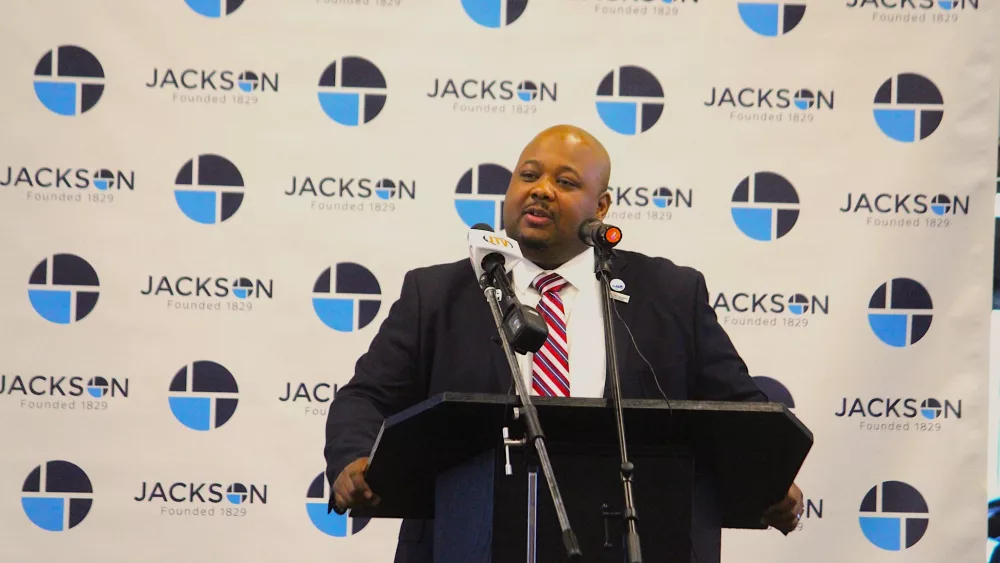In April 2019, the Community Mental Health Association of Michigan (CMHA) found a $150 million gap between the cost of health care and the funding provided to Michigan’s public mental health system.
On Thursday, May 9, thousands of mental health advocates will meet at the State Capitol in Lansing to advocate for funding to modernize the public mental health system at their annual “Walk-a-Mile in My Shoes” rally.
The 15th annual “Walk-a-Mile in My Shoes” rally will be held from 1:30 to 3 p.m. In addition to advocating for increased funding for mental health services, participants will aim to raise awareness of behavioral health needs in health and policy discussions and banish behavioral health stigmas.
LifeWays Community Mental Health will be providing breakfast at the Jackson office from 9 to 11 a.m. for those planning to attend the Walk a Mile Rally. T-shirts will be available for pick up to those that pre-registered online only. LifeWays’ consumers, providers, family members, and friends are encouraged to join thousands more on the Capitol Steps in Lansing as a demonstration of the importance of mental health services in Michigan. This event provides an opportunity to celebrate recovery, fight stigma, and educate the public and Michigan Legislature regarding the vast need of mental health services in Michigan communities.
CMHA, the advocacy organization for community mental health centers (CMH), expects thousands of supporters to attend the event. It will feature an activist walk around the Capitol and stories from citizens who have experienced disruption of services from budget cuts, focusing on the personal experiences of those who use community mental health services from different counties throughout Michigan.
“Michigan’s public mental health system is underfunded and has been for the past several years,” said Robert Sheehan, chief executive officer of CMHA. “The funding for the public system does not account for work being done to combat the state’s opioid crisis, work to prevent the incarceration of those with mental health needs, the recognition of the prevalence of autism, services to address the growing mental health needs of school-age children and adolescents, nor to prevent homelessness for persons with mental health needs. These are serious issues and we are seeing the system struggle because it lacks the funding to provide enough care and support. Michigan’s public mental health system, one of the best in the country, is clinically sound but incomplete – incomplete due to the systemic underfunding of the system.”
The study identifying the funding gap, “Systemic Underfunding of Michigan’s Public Mental Health System,” identified a set of revenue-related threats that, in combination, have significantly weakened the fiscal soundness of Michigan’s public mental system. This study and the CMHA “Vision for a World Class Public Mental Health System in Michigan” outlined what can be and must be done to ensure that this system, upon which over 300,000 persons and their families rely on, can become the system that Michigander’s deserve.
As part of the Systemic Underfunding analysis, CMHA also released a five-point financial modernization plan that offers solutions to ensure a fiscally and clinically stable public mental health system. Included in its proposals are: 1) Set Medicaid rates to match demands and costs; 2) Make it so that Medicaid rates include contributions to risk reserves; 3) Allow for the public mental health system to hold sufficient risk reserves; 4) Remove the local match draw-down obligation, Section 928, in the appropriations boilerplate; and 5) Restore general fund dollars to the public mental health system.
Attendees are encouraged to visit the offices of state legislators to share their thoughts after the event. For more information, visit www.cmham.org.








